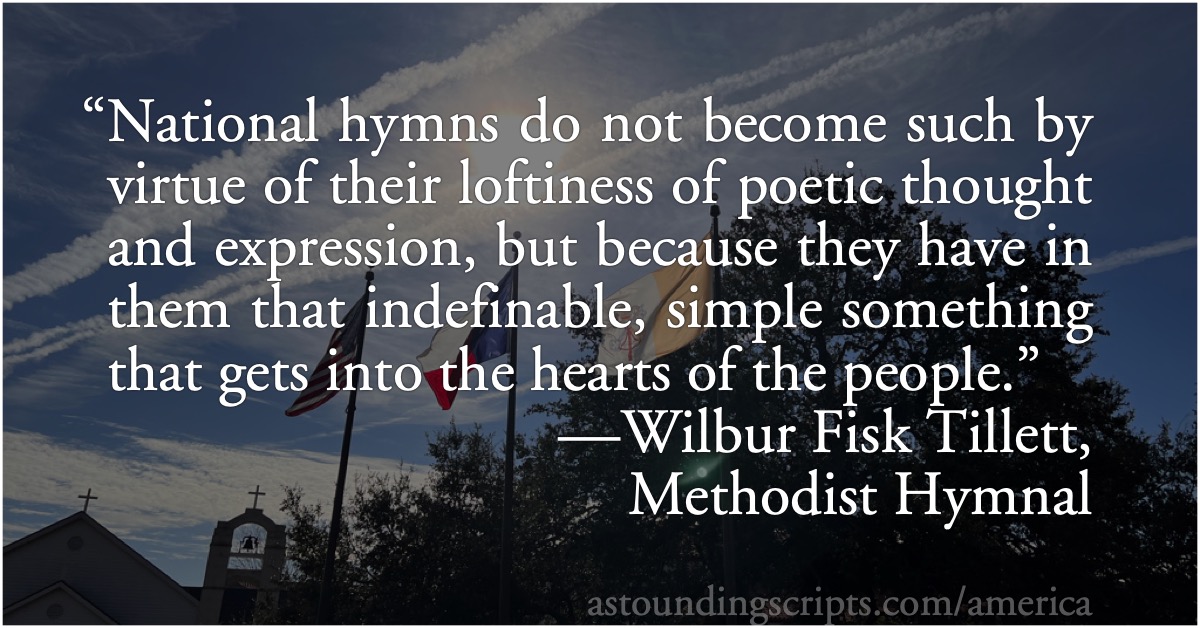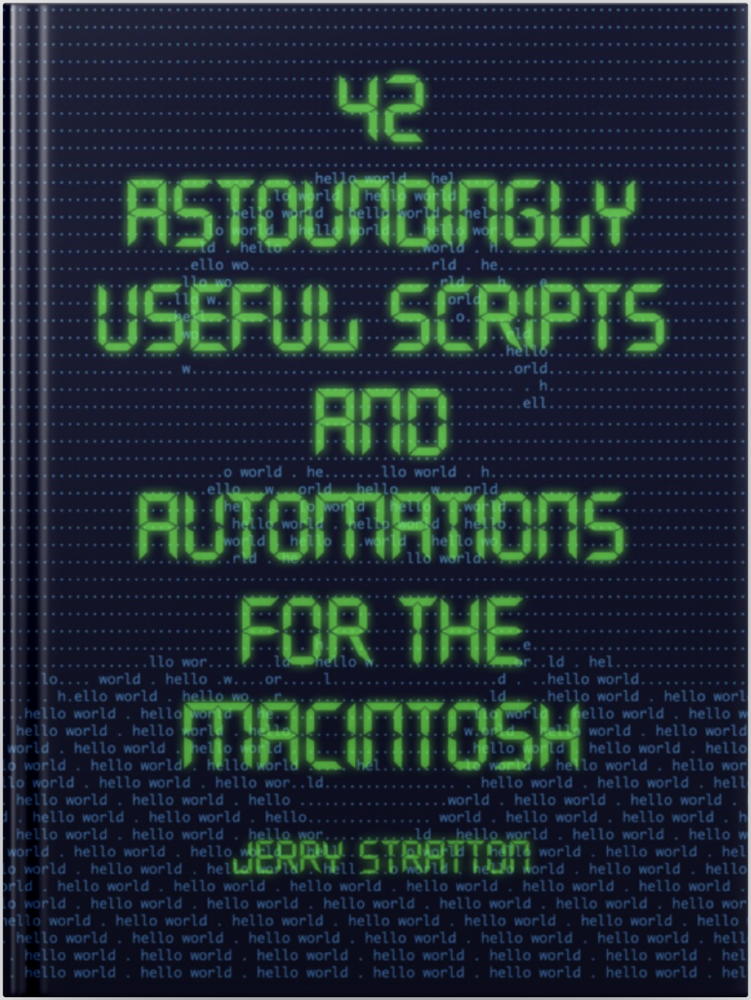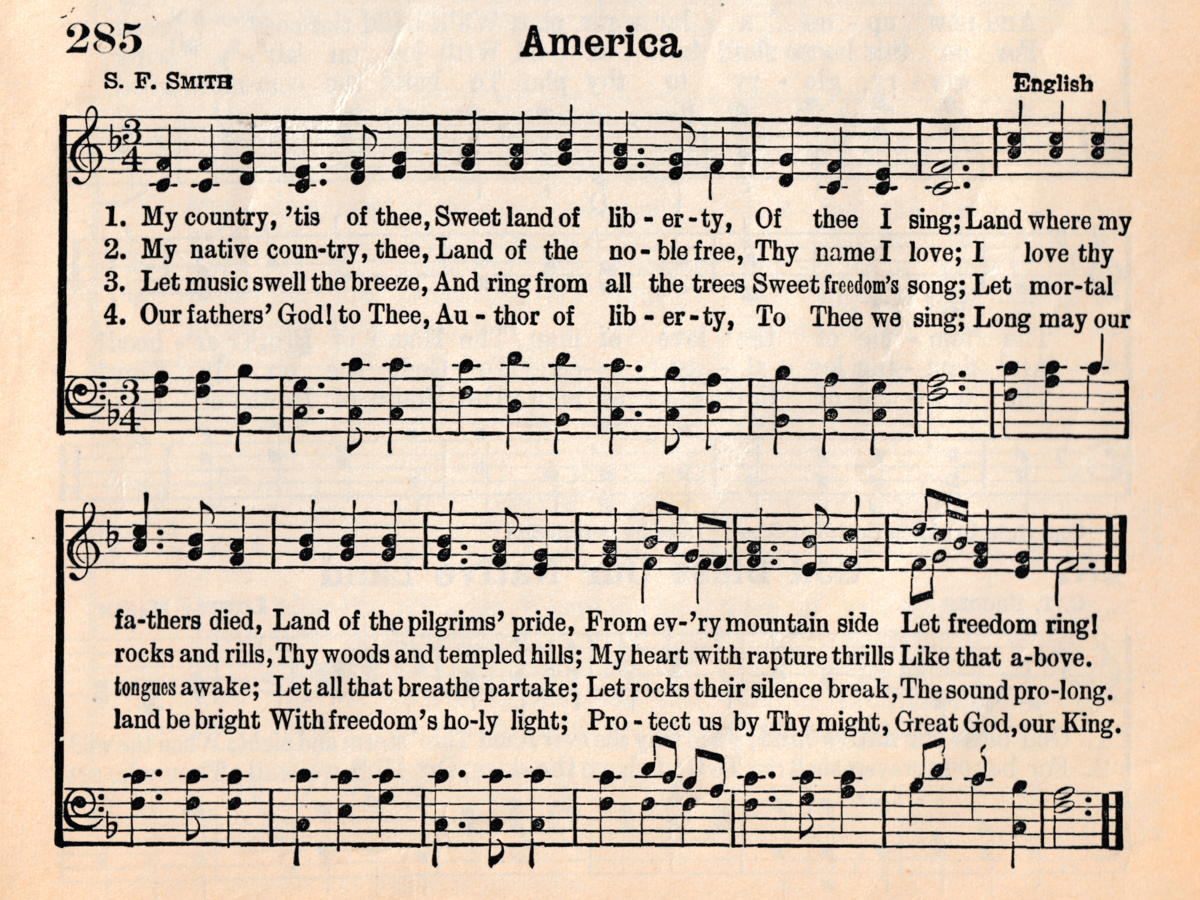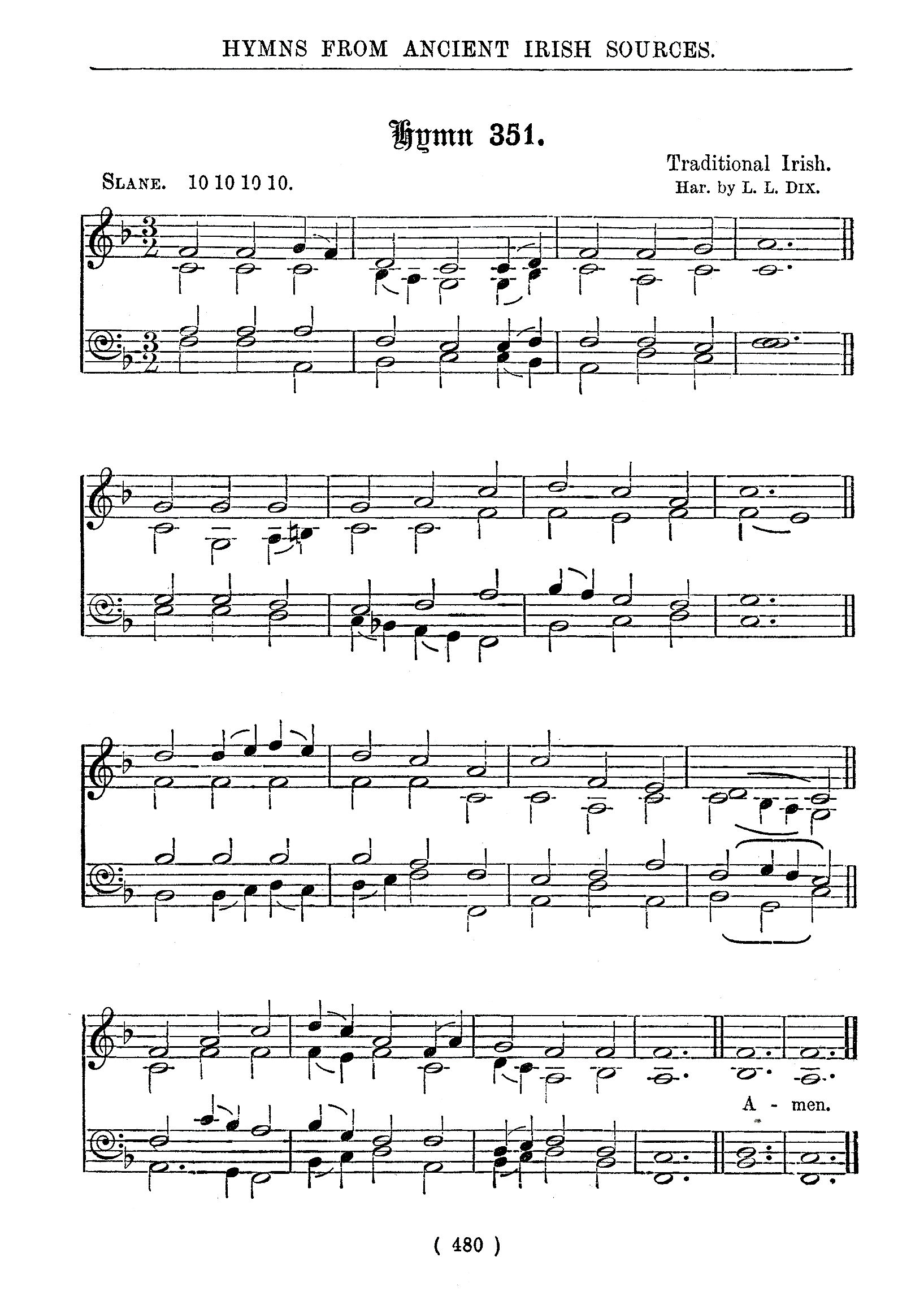Samuel Francis Smith’s America is a staple patriotic song at religious gatherings around Independence Day and other patriotic holidays. It’s more commonly known as “My Country, ’Tis of Thee” because “America” appears only obliquely in the lyrics as “Thy name I love” in the second verse. It is short, otherwise direct, and a wonderful combination of looking forward to liberty and looking backward to what that liberty cost.
Smith wrote America in 1831, when some people could still remember the events of the revolution and some were beginning to recognize the likelihood of further bloodshed in the name of liberty. He lived past our Civil War, and wrote hymns to the freedom secured through that great sacrifice, too.
The four verses rise from the birth of liberty, through the physical country, to hope for the spread of liberty, and end on a plea to God as the author of liberty to preserve and protect our country as a free country.
The several verses added later going into more detail about the beauties of our land seem excessively inventorical. The original second verse handles our country’s physical beauty just fine. I see no need to belabor the point. This is a hymn, after all, but not only that, one of the beauties of the hymn is it’s simplicity. Making it really long kills part of what makes it a great and memorable hymn.
The lyrics in my 1925 Hymns of Praise Number Two are:
- My country, ’tis of thee,
- Sweet land of liberty,
- Of thee I sing;
- Land where my fathers died,
- Land of the pilgrims’ pride,
- From every mountain side
- Let freedom ring!
- My native country, thee,
- Land of the noble free,
- Thy name I love;
- I love thy rocks and rills,
- Thy woods and templed hills;
- My heart with rapture thrills
- Like that above.
- Let music swell the breeze,
- And ring from all the trees
- Sweet freedom’s song;
- Let mortal tongues awake;
- Let all that breathe partake;
- Let rocks their silence break,
- The sound prolong.
- Our fathers’ God to Thee,
- Author of liberty,
- To Thee we sing;
- Long may our land be bright
- With freedom’s holy light;
- Protect us by Thy might,
- Great God our King.
As you can see in the scanned image, the lyrics are attributed to Smith, but the melody is attributed simply to “English”. At the time Smith wrote his lyrics, he used a German melody. A friend had given him a collection of German songs that included a patriotic German tune, and he was “struck ‘by its simple and natural movement”.
It’s the same, or nearly the same, as Thomas Arne’s 1745 melody for God Save the King—or Queen, depending on when you sing it. Arne likewise took his arrangement from an existing melody already associated with God Save the Queen. It was a common enough tune that it was used in several patriotic songs throughout the world.
So Smith didn’t deliberately write it as a comment on America’s English heritage. He didn’t shy away from the metaphor, however.

I do not share the regret of those who deem it an evil that the national tune of Britain and America is the same. On the contrary, I deem it a new and beautiful tie of union between the mother and the daughter, one furnishing the music…, and the other the words.
Smith wrote America as a way for students to begin the day praising God for their freedoms. That’s how he conceived it; how it was birthed is especially symbolic. It was first sung on July 4, 1832 at a Park Street Church, Boston, children’s celebration.
Part of his desire was also to express the need for faith in patriotism.
I was profoundly impressed with the necessary relation between love of God and love of country; and I rejoice if the expression of my own sentiments and convictions still finds an answering chord in the hearts of my countrymen.
Until The Star-Spangled Banner replaced it, America was used throughout the United States not just as a national hymn but as a national anthem, albeit never officially.
Since it contains references to both “fathers” and to the burdens of liberty and faith, I was worried about bowdlerization by modern editors. There’s been very little, however. Searching hymnal.org, the only serious change I could find is in the 2010 Celebrating Grace Hymnal. That book’s editors chose to de-emphasize the faith of our fathers who died, replacing the first line in the final verse about “Our fathers’ God” with “Our sovereign God”. That change moves the reference from the founding to us in the present.
As others have written• a faith in some divine authority outside of the political is necessary for political freedom to flourish. The final verse isn’t just an appeal to God but an acknowledgment that great deeds require great faith. Our fathers were willing to die here because they believed in a divine power greater than themselves, greater than politics. As Smith’s final verse says, America has no political king; our King is God.
That’s a strange thing for a hymnal to edit out, especially after leaving in the first reference to fathers. Fortunately, this change doesn’t seem to be widespread.1
America expresses simple truths that lie at the heart of American freedom: that God is the author of liberty, and that an acknowledgement of God as a greater power who protects, inspires, and judges is necessary to the creation and maintenance of a free land. It’s not surprising that it spread so rapidly through the United States after its debut and remains popular today.
The download (Zip file, 2.4 MB) contains the piano text file that you can use with the piano script from 42 Astounding Scripts. It also contains two MIDI files created from that script, the treble and the bass clefs. And it contains the audio file I used for the slideshow.
[toggle code]
- # America (My Country ’Tis of Thee), Treble Cleff
- # S. F. Smith
- # From Hymns of Praise Number Two, p. 285
- # Jerry Stratton, astoundingscripts.com
- --key F
- "-C F" "-C F" "-D G" | "-C. E." 8 "-D F" 4 "E G"
- "F A" "F A" "G B" | "F. A." 8 "E G" 4 "F F"
- "-D G" "-C F" "-C E" | 2 "-C. F."
- 4 "A C" "A C" "A C" | "A. C." 8 "G B" 4 "F A"
- "G B" "G B" "G B" | "G. B." 8 "F A" 4 "E G"
- "F A" [8 B A G F] F F | "F. A." 8 "E B" 4 "F C"
- 8 [D 16 C B] F G 4 "F A" "E G" | 2 "F. F."
The bass clef is similar, and sounds fascinating on its own; it’s the same rhythm but a different melody.
[toggle code]
- "F A" "F A" "-B B" | "-C. G." 8 "-C C" 4 "-C C"
- "F C" "-D D" "-B D" | "-C. C." 8 "-C B" 4 "-D A"
- "-B B" "-C A" "-C G" | 2 "F. A."
- 4 "F C" "A C" "C C" | "F. C." 8 "F C" 4 "F C"
- "-C C" "E C" "G C" | "-C. C." 8 "-C C" 4 "-C C"
- "F C" [8 D C B A] F F | "F. C." 8 "G C" 4 "A C"
- 8 B D 4 "C C" "-C B" | 2 "F. A."
Play the music using the piano script:
- piano [ bass.txt ] treble.txt
Or if you’d like to play just the “Let freedom ring” notes, use:
- piano --key F 8 [ D 16 C B ] F G 4 "F A" "E G" 2 "F. F."
I didn’t do anything particularly special for the slideshow. The first verse uses trumpets and only plays the treble clef. The second verse uses a cathedral organ for the treble clef and trumpets for the bass clef. The third verse returns to trumpets for the treble and continues using trumpets for the bass. And the final verse uses both trumpets and organ for the treble clef with full brass for the bass clef.
It is a very simple melody and the verses are short. These four verses take only a minute and a half to complete!
More amusingly, if hymnal.org is correct the 1997 Celebration Hymnal replaces that line with “Our father’s God”, moving the apostrophe to make “father” singular rather than plural! That looks a lot more like a typo than a deliberate change.
↑
Astounding Scripts
- 42 Astoundingly Useful Scripts and Automations for the Macintosh
- MacOS uses Perl, Python, AppleScript, and Automator and you can write scripts in all of these. Build a talking alarm. Roll dice. Preflight your social media comments. Play music and create ASCII art. Get your retro on and bring your Macintosh into the world of tomorrow with 42 Astoundingly Useful Scripts and Automations for the Macintosh!
- America (My Country ’Tis of Thee) piano files (Zip file, 2.4 MB)
- The piano script files, as well as the music file and MIDI files, for the Samuel F. Smith’s hymn “America”.
- Hymns
- Musings about hymns, and about modern bowdlerism as it applies to Christian, especially Catholic, lyrics.
- The Star-Spangled Banner in MIDI
- What could be more appropriate for the fireworks of the Fourth of July than a song about bombs bursting in air, illuminating a great flag rippling defiantly to a hostile world?
- Who Wrote the Music for ‘God Save the Queen’ and ‘America’?: Cynthia Collins
- “The national anthem for the United Kingdom, God Save The Queen (King), and the patriotic song, America (My Country, ‘Tis of Thee), are set to the same melody. In 1745, the British composer, Thomas Arne, arranged what would become the official British national anthem.”
history
- The Centennial of a Famous Song: Elmo Scott Watson
- “This year marks the centennial of one of our most famous patriotic songs…”
- God Save the Queen: the History of the National Anthem: Charles Dimont
- “Neither words nor music were new. They had been published in 1744… Dr. Thomas Arne compiled Drury Lane’s version in September 1745, and one of his younger pupils, Charles Burney, produced the setting for Covent Garden… Burney, in common with all contemporaries dealing with the 1745 versions, referred to an ‘old tune’ and an ‘old anthem.’”
- Hymns of Praise Number Two at Hymnary.org
-
 This is a very nice general purpose collection of hymns, and includes great Christmas songs.
This is a very nice general purpose collection of hymns, and includes great Christmas songs.
- Samuel Francis Smith at Hymnary.org
- “A large number of [Smith’s] hymns are in use in America, and several have passed into some of the English collections.”
- Samuel Francis Smith and the Song “America”: David Hein
- “In May of 1887 an elderly tourist was sitting in the gallery of the Board of Trade in Chicago, Illinois, quietly observing all the commotion of buying and selling. Someone on the floor recognized him and pointed him out to others, whereupon the clamour quickly subsided as traders ceased their dealing to pay tribute to the old man. Presently out of the wheat pit came the sound of familiar words…”
music
- America (My Country ’Tis of Thee) slideshow: Jerry Stratton at Mimsy@YouTube
- Slide show of churches and American flags, using the melody for Samuel Francis Smith’s hymn “America”.
- America (My Country, ’Tis of Thee) at Wikipedia
- “Samuel Francis Smith wrote the lyrics to ‘America’ in 1831 while a student at the Andover Theological Seminary in Andover, Massachusetts.”
- My Country, ’Tis of Thee at Hymnary.org
- Compare versions of America in several old and new hymnals.
More Fourth of July
- A Bicentennial Meal for the Sestercentennial
- Four community cookbooks celebrating the bicentennial. As we approach our sestercentennial in 2026, what makes a meal from 1976?
- The Star-Spangled Banner in MIDI
- What could be more appropriate for the fireworks of the Fourth of July than a song about bombs bursting in air, illuminating a great flag rippling defiantly to a hostile world?
- Commemorate Patriot Day with Betsy Ross
- The Declaration of Independence overlaid on the Betsy Ross flag.
More honorary blog post
- Balboa Park’s World of Beak and Wing
- Engraved into the sidewalks at the corner of Balboa Park on Upas and 28th, there is a list of “Perching Birds of San Diego” and “Local Birds of North Park”. These are those birds.
- Critical (fantasy) race theory
- It isn’t racist to address D&D characters by their race. D&D character races are things the character can do. It is racist to imply that real world races are as inferior and superior as fantasy races. Woke racism is still racism.
- The True History of the Hare and the Tortoise
- And even to this day, “a glorious victory for the forces of swiftness” is a catch-phrase in the house of the snail.
- Sparkling lights for Christmas
- This POV-Ray scene file will animate sparkling lights against a green background. If you want to make three dimensional images with lots of similar objects and then animate them, this will show you how to do it.
- O Little Town of Bethlehem
- How still we see thee lie. Play this song on your Mac’s command line with the piano script.
- Two more pages with the topic honorary blog post, and other related pages
More Hymns
- Save That Thou Art
- High King of heaven, when vict’ry is won/May I reach heaven’s joys, bright heaven’s Sun!/Heart of my heart, whatever befall,/Still be my vision, O Ruler of all.
- Light a candle for Christmas hymns
- While the holidays brought more examples of bowdlerized lyrics they also brought, at least to our church, a lit candle for the darkness, in the form of a new hymnal that retains sound Catholic theology.
- The Soul Felt It’s Worth
- “A thrill of hope, the weary world rejoices…” What is a soul worth? For God, a soul is worth his son.
- Our parental unit, who art, somewhere, maybe
- God’s Blessing Sends Us Forth; We Are the Light of the World; With a Shepherd’s Care. Is there room for God the Father in the modern church? Are the bowdlerizers creating a first-contact crisis?
- Though the Darkness Hide Thee
- Removing mankind from hymns makes them less inclusive and more self-centered. The new language almost always destroys the universality—the catholicity—of the older language. It also has a tendency to deny the necessity of God’s grace.
- Five more pages with the topic Hymns, and other related pages
More patriotism
- I have read a fiery gospel
- “Be swift my soul to answer him, be jubilant my feet.” Written a hundred and fifty-nine years ago today, this rousing abolitionist song remains a fiery call for freedom from tyranny.
- A Song of Thanksgiving: America, the Beautiful
- America, the Beautiful, by Katharine Lee Bates, with melody by Samuel A. Ward.
- I pledge a waffle to the flag
- And will totally Like it on FaceBook, until such time as I Unlike it. Loyalty, fidelity, constancy, and waffles.



National hymns do not become such by virtue of their loftiness of poetic thought and expression, but because they have in them that indefinable, simple something that gets into the hearts of the people.—Wilbur Fisk Tillett, Methodist Hymnal